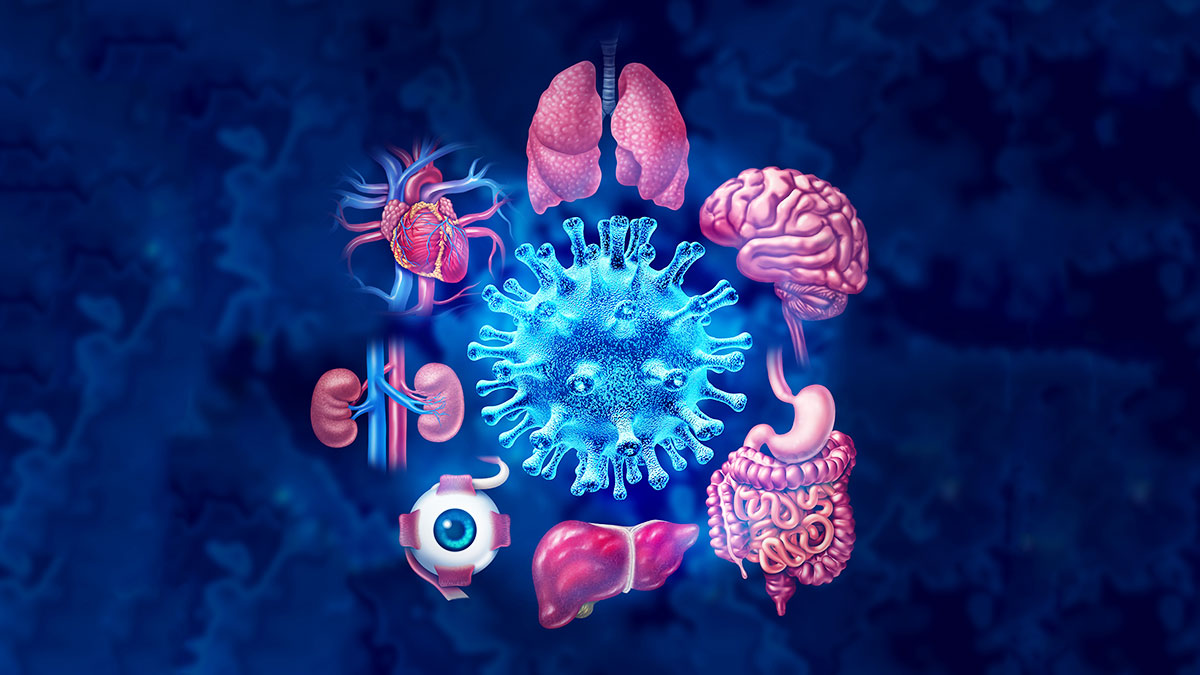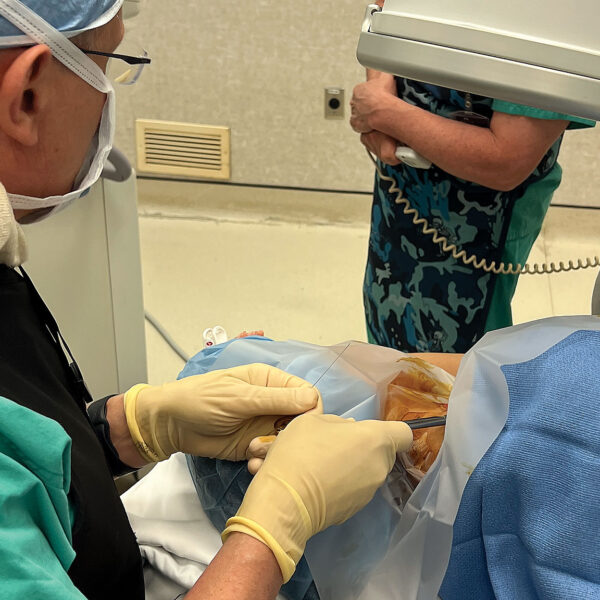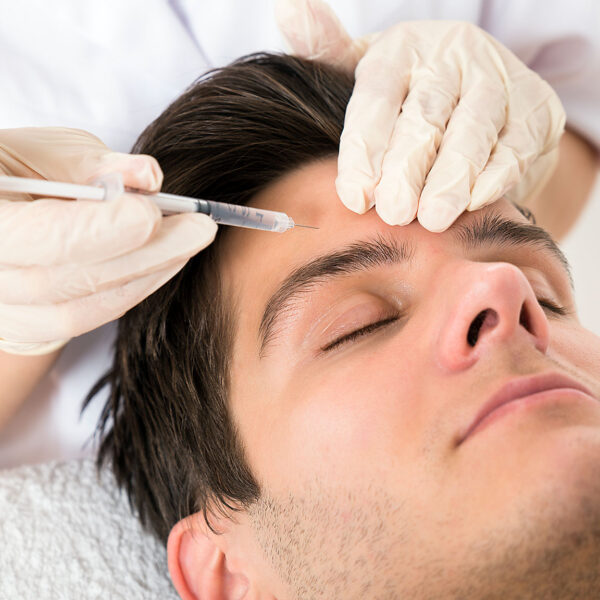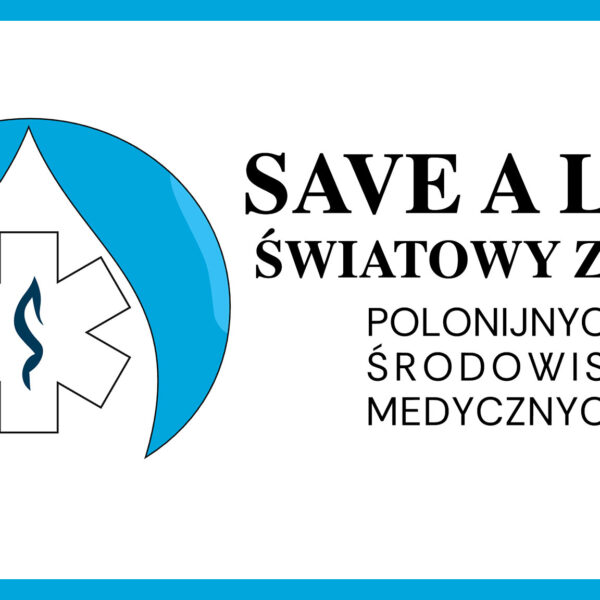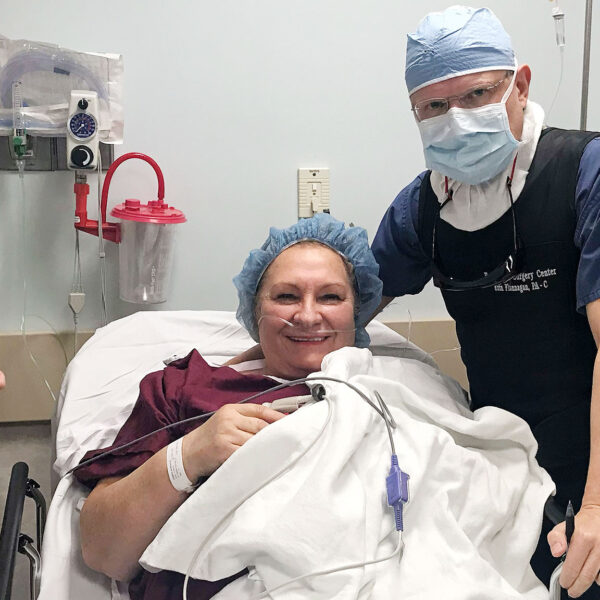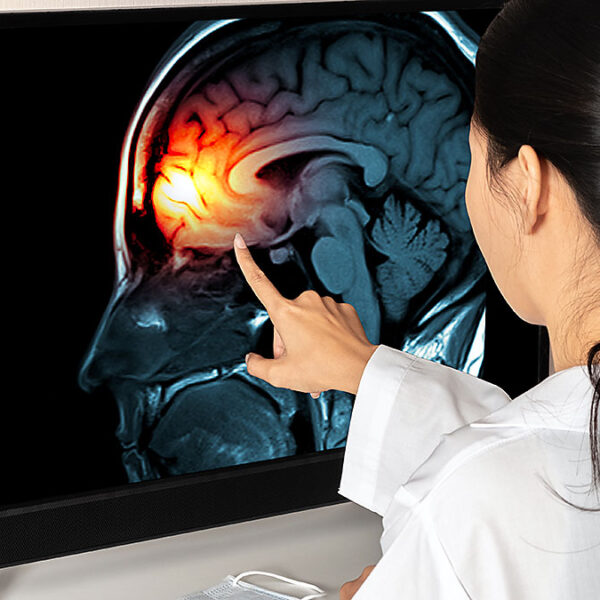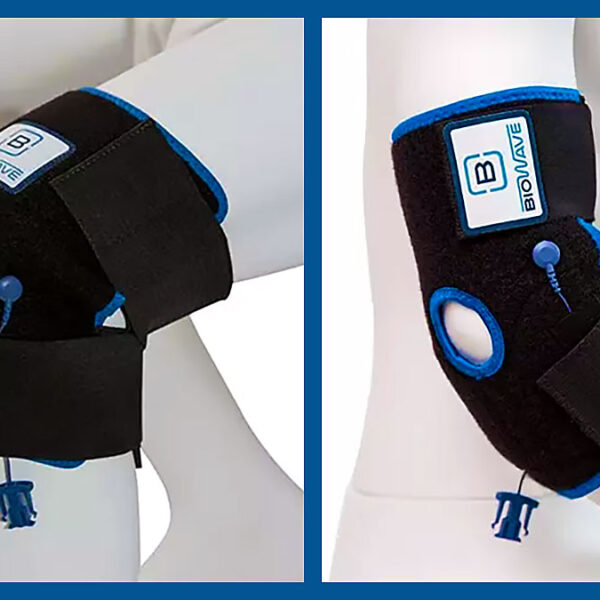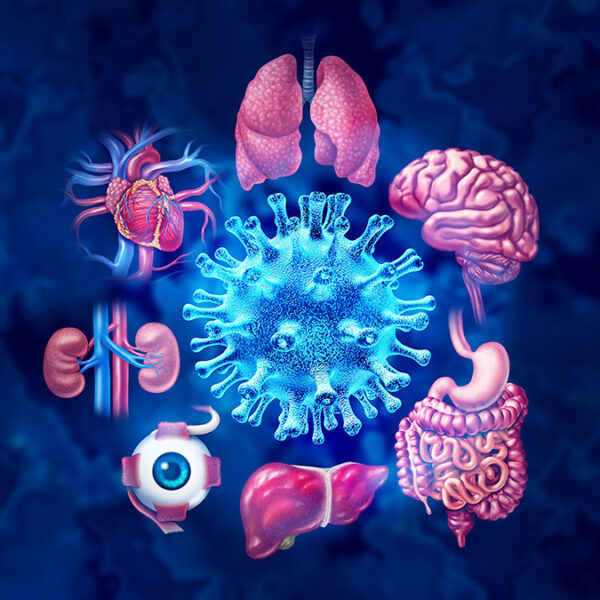As the global healthcare community continues to address the lingering effects of SARS-CoV-2, one intervention showing significant promise is the Stellate Ganglion Block (SGB)—a targeted sympathetic block with applications extending beyond pain management into neuroimmune modulation. At Allied Neurology & Interventional Pain Practice, we have integrated SGB as part of a multidisciplinary approach for managing patients with persistent post-viral symptoms, particularly those associated with autonomic nervous system dysfunction.
Mechanism of Action: Targeting Dysautonomia at Its Source
The stellate ganglion, located at the C6–C7 level, is a sympathetic structure involved in regulating numerous autonomic functions. In long COVID, persistent sympathetic overactivity and neuroinflammatory processes are believed to contribute to symptoms such as:
- Orthostatic intolerance
- Cognitive impairment (“brain fog”)
- Chronic fatigue
- Insomnia
- Temperature dysregulation and palpitations
SGB may help restore autonomic balance by modulating sympathetic tone, reducing circulating catecholamines, improving cerebral perfusion, and enhancing vagal activity.
Clinical Observations and Treatment Protocol
Our clinical team has administered SGB to a growing cohort of patients with long COVID. In many cases, patients reported noticeable functional improvement within 24–72 hours, particularly in sleep, cognition, and fatigue metrics.
Procedure Overview:
- Technique: Fluoroscopy-guided injection at the level of C6 or C7
- Setting: Outpatient surgical suite with full resuscitative capabilities
- Anesthetic: Typically 0.25%–0.5% bupivacaine or ropivacaine
- Monitoring: Post-procedure observation, with serial follow-up assessments
Patients may require repeat injections, typically spaced 1–2 weeks apart, depending on the recurrence of symptoms and individual response.
Patient Selection and Exclusion Criteria
We conduct a complete medical review before offering SGB. Absolute contraindications include:
- Active local/systemic infection
- Uncontrolled coagulopathy
- Allergy to local anesthetics
- Anatomical variations that increase procedural risk
For diagnostic clarity, we refer select patients to external autonomic testing facilities to quantify dysautonomia prior to intervention, although this is not required in all cases.
Applications Beyond Long COVID
While our current focus is on long COVID and post-viral syndromes, SGB has also been explored in cases of PTSD, CRPS, and post-concussive syndrome, reinforcing its utility as a neuromodulatory tool in complex chronic conditions with autonomic involvement.
Why Allied Neurology & Interventional Pain Practice?
- Board-certified in both pain medicine and neurology
- Multilingual clinical team (English, Polish, Spanish)
- Fluoroscopic accuracy with high procedural volume
- Locations across New Jersey and New York
We invite medical professionals to connect with our team to discuss collaborative care models or refer patients who may benefit from advanced neuro-interventional strategies like SGB.
201-894-1313
www.alliedspineinstitute.com
